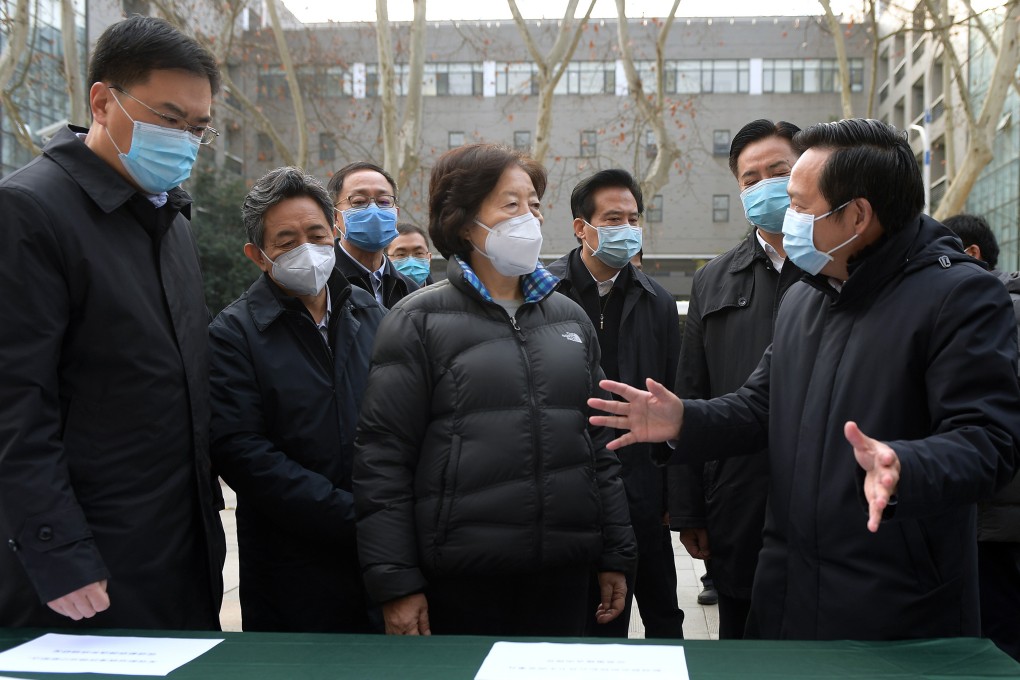Advertisement
Absence of women in China’s new leadership elite a ‘step backwards’ for political diversity, say observers
- For the first time in decades, no woman has been selected for the Politburo, and just 11 of the 205 Central Committee seats went to women
- Sun Chunlan, who is set to retire as vice-premier in March, was the sixth woman to join the Politburo
Reading Time:3 minutes
Why you can trust SCMP
99

For the first time in 20 years, no women have been selected for the Chinese Communist Party’s Politburo, an omission experts say is “a step backwards” for gender diversity, and one that may further dampen female participation in Chinese politics.
The new line-up of top party leadership that was unveiled on Sunday at the conclusion of the week-long 20th party congress was an all-man band. Further, both the seven-member Politburo Standing Committee and the 24-seat Politburo were filled exclusively with men of Han ethnicity.
Of the newly released Central Committee, women took up 11 of the 205 seats. In 2017, there were 10 women in the 204-member 19th Central Committee.
While women have always been dramatically under-represented in Chinese politics, the latest arrangement has put an end to an informal practice in place since the 16th party congress in 2002 when at least one woman would be selected to serve in the Politburo and as vice-premier.
Advertisement
No woman has ever held a seat on the Politburo Standing Committee in the history of the 101-year-old party.
Minglu Chen, who researches gender and politics at the University of Sydney’s China Studies Centre, said she was disappointed to see a Politburo without women.
Advertisement
“It is disappointing because whatever small space that was carved out for women to exercise their political power is now gone at the top level,” Chen said.
Advertisement
Select Voice
Choose your listening speed
Get through articles 2x faster
1.25x
250 WPM
Slow
Average
Fast
1.25x
